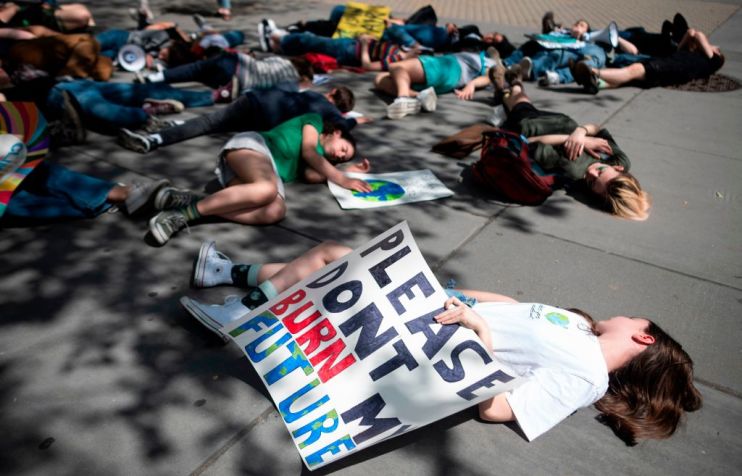S&P Global Ratings calls for action on climate change

International ratings agency S&P has called on banks and regulators to address the risks that climate change poses to the financial sector, saying “they need to act now” or suffer the consequences.
Read more: New York Times drops London oil conference sponsorship after protests
S&P said in a report released today that climate change could cost banks trillions of pounds due to ballooning losses from adverse weather events, non-performing loans and higher credit costs due to uncertainty about risk.
In 2017, it said, global weather-related losses were almost $450bn (£364bn) in 2017 and over $200bn in 2018 and can expect to rise further as climate change intensifies.
The credit rating agency said there must be a “cohesive global effort” focused on “an improvement in the disclosure of banks’ climate-related risks”.
S&P Global Ratings credit analyst Mathieu Plait said: “Although climate change poses risks that may materialize well beyond banks’ typical business planning period, it’s clear that they need to act now.”
“Strategic decisions can take a long time to implement, and the consequences could become more difficult to manage the longer they wait.”
S&P, which gives countries’ and companies’ credit ratings, said dealing with climate change will require a move to a low-carbon economy. It said companies that take a long time to adjust could experience a decline in creditworthiness.
“Transition risk” is particularly high for financial institutions with large exposure to carbon-intensive sectors such as automotives, oil, and energy, S&P said, as they are vulnerable to climate policies and restrictions.
Yet the ratings agency’s report said the transition towards a low-carbon economy presents business opportunities for the financial sector.
For example, the International Energy Agency estimates that full implementation of international emission-reduction pledges would require investments of about $45 trillion in energy efficiency and low-carbon technologies by 2030.
Read more: Are banks taking the climate threat seriously?
“The gradual shift to a low-emission economy offers the banking sector sustainable growth opportunities, at a time when revenues for many are under pressure from the low-interest-rate environment,” the report said.